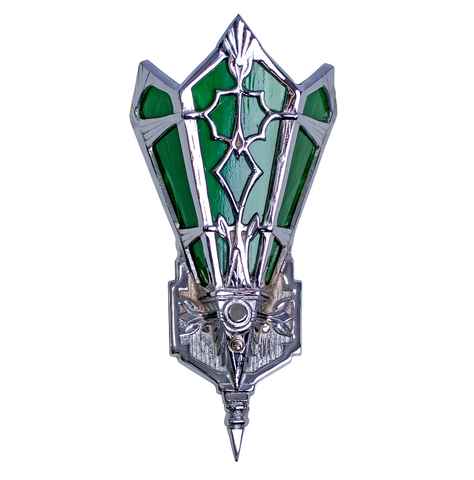History of Art Deco Hardware
Art Deco hardware is a unique and significant style that emerged in the 1920s and 1930s and is still highly influential today. The style is characterized by its use of geometric shapes, clean lines, and bold colors, and it was heavily influenced by the machine age and the rise of technology. This article will explore the history of Art Deco hardware and its continuing influence on modern design.
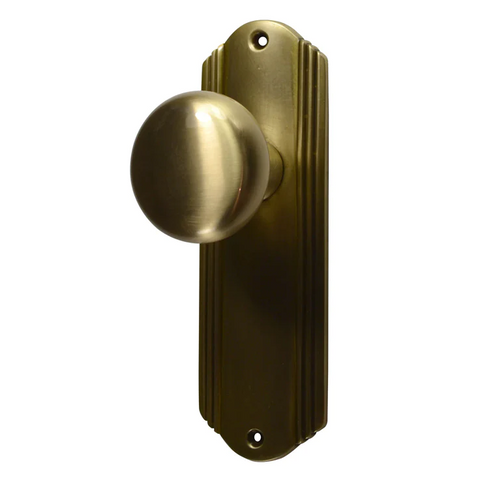
The Emergence of Art Deco:
The Art Deco movement emerged in the aftermath of World War I, when there was a desire for a new decorative style that reflected the modern age. The movement was characterized by its emphasis on geometry, symmetry, and an overall sleek, modern aesthetic. Art Deco hardware was an important component of this style, with its distinctive use of clean lines and geometric shapes.
Art Deco hardware was often used in furniture, lighting, and architecture. Furniture designers used Art Deco hardware to create sleek, modern designs that emphasized form and function. Lighting designers used bold Art Deco hardware shapes to create striking focal points in rooms. Architects incorporated Art Deco hardware into buildings, using it to create visually striking ornamentation and design elements.
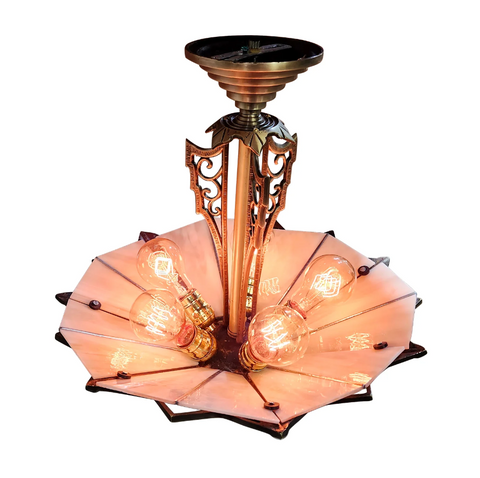
The Popularity of Art Deco Hardware:
The popularity of Art Deco hardware continued into the 1930s, even during the Great Depression. Despite the economic challenges of the time, there was still a demand for luxury and glamour, which Art Deco hardware epitomized. Wealthy patrons commissioned Art Deco furniture and lighting with ornate Art Deco hardware to showcase their wealth and status.
Art Deco hardware gained a significant amount of attention in 1925 at the International Exposition of Modern Decorative and Industrial Arts, held in Paris. The event drew designers from all over the world and showcased the latest styles in decorative and industrial arts. Art Deco design, including Art Deco hardware, played a prominent role in the exhibition, and it helped popularize the movement globally.
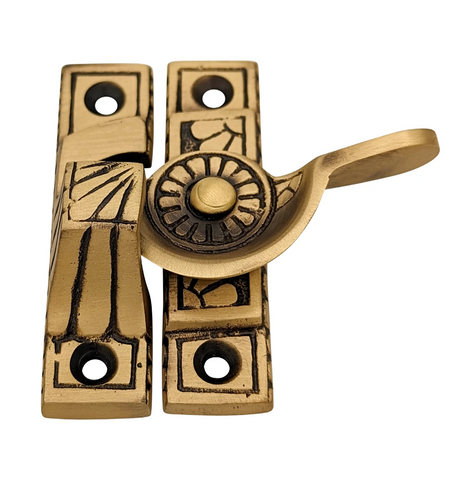
Modern Implications:
Today, the influence of Art Deco hardware can be seen in contemporary design. The geometric shapes and clean lines of Art Deco hardware continue to inspire furniture designers and accent modern homes and businesses. The use of materials such as polished chrome, nickel, and steel is still popular in contemporary settings, and the distinctive Art Deco hardware style remains a prominent feature in lighting design as well.
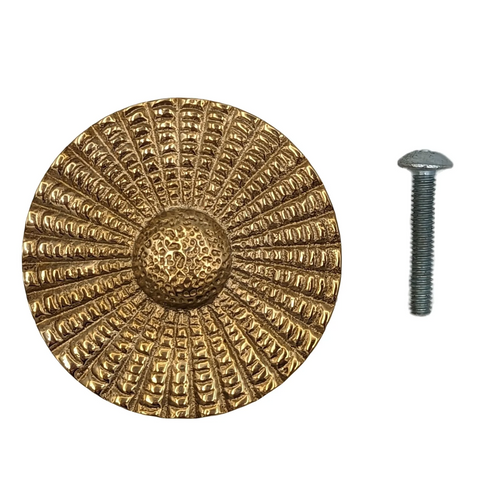
Art Deco hardware has played a critical role in the design history of the 20th century. The distinctive geometric shapes, clean lines, and bold colors of Art Deco hardware continue to inspire modern designers across various industries. Art Deco hardware remains an enduring and influential style that has had a lasting impact on the decorative and industrial arts.
